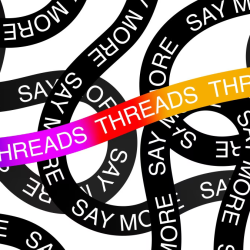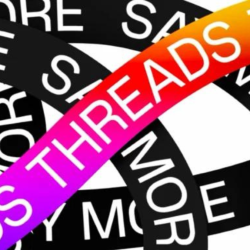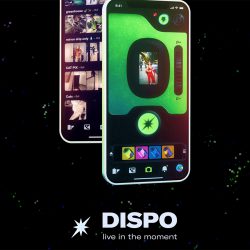Apps as we know them — connected to a central app store, often with in-app purchases, ads, or other monetisation options — represent the progress we have made since the creation of smartphones and, especially, since Apple’s introduction of the iPhone in 2007.
A landmark moment in the evolution of the smartphone was the integration of user data into apps. Social apps, including Facebook, built upon apps that first collected location data, such as Yelp and (later on) dating apps like Tinder and Grindr. Social apps are significant as they not only tailor experiences to where you are, but the personal data you share — to better understand who you are.
As such, apps nowadays are becoming less about collecting as much data as possible and categorising users into cohorts of lookalies. Instead, they are more about rescoping, reframing, and refining this definition of the who. To achieve this, app developers are increasingly searching for specificity to provide relevant and useful personalisation, to build more user-orientated experiences.
Enhancing apps with machine learning
Due to this trend, users now expect and demand experiences tailored to their personal tastes and individual identities. This is why ads based on personalised recommendations or algorithmic content feeds – whether it’s on streaming platforms like YouTube or marketplaces such as Amazon — penetrate so effectively.
Apps can replicate this by tapping into first-party data, enhancing their understanding of users while avoiding potential privacy conflicts. Due to the immense volume arising from the popularity of smartphones and apps, however, it’s impossible for even the smartest human engineers and data analysts to interpret all the information collected across millions of touchpoints. The tools and systems for interpreting and anticipating user activity have needed to become much more sophisticated.
Modern machine learning (ML) systems can be so well-trained and contain so much data processing power that they can now make relevant decisions about and predictions for individuals, rather than only for large groups or entire user segments. In turn, ML is helping to make apps more personal, contextual, and familiar, enabling developers and data scientists to create experiences that are modifiable and real-time relevant to specific users.
More curation and personalisation of content
Alongside this, the way that we consume content is changing. It used to be produced to suit a big audience at great expense and in relatively low volumes. But nowadays there’s a broader, higher volume of content to curate for specific users.
TikTok takes advantage of a breadth of content generated by its users, applying its well-trained algorithm to curate the content for every other user. The app is not driven by search, but rather by this algorithmic curation — it’s about constant engagement, not traditional browsing. The value of TikTok for brand marketers is in being able to place ads alongside this library of content, highly specialised to each user.
Anticipating new expectations and behaviours
ML can also analyse the user journey in real-time to spot and anticipate new expectations as behaviours evolve. For instance, this could prove key in future metaverse environments, where having an entire menu of content to interact with could be overwhelming or isolating, undermining the initial purpose of shared experiences without borders or the earthly constraints of physics.
As we move towards a more diverse and robust digital economy empowered by curation and customisation, being able to interpret first-party data will be key. ML will enable app developers, content creators, and brand marketers to better understand app users and their expectations, thereby delivering greater specificity that resonates with users.
Armed with a sophisticated ML system, marketers can better understand when a user wants to engage with their favourite brands, explore new ones, or simply be left alone. As content changes, how we serve and interact with ads will continue to evolve, and ML will be a key part of this evolution.































